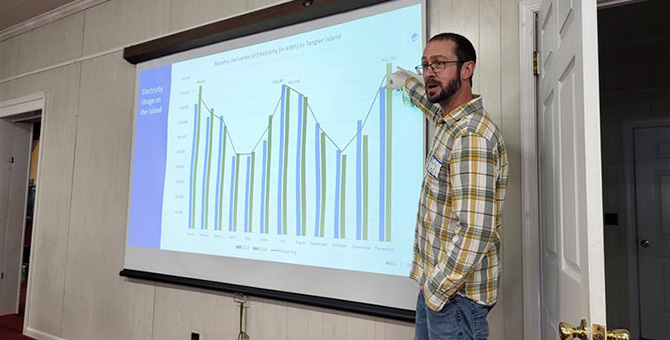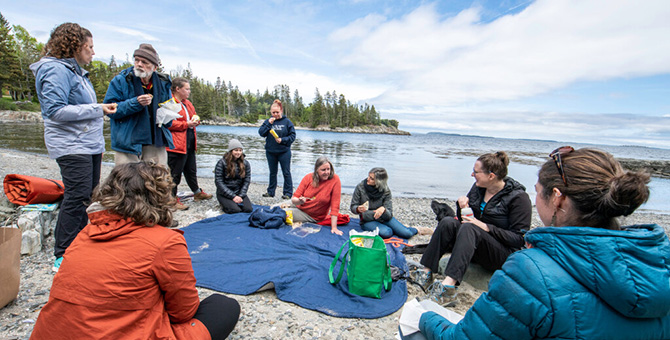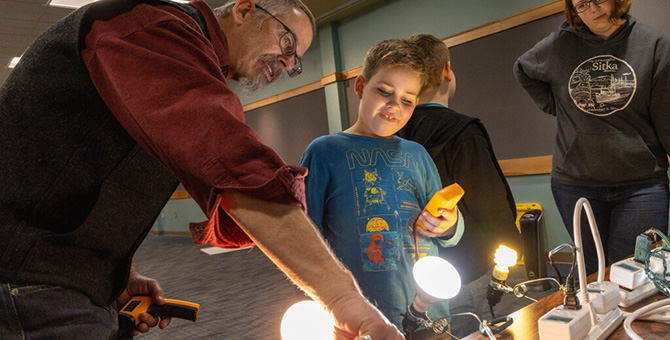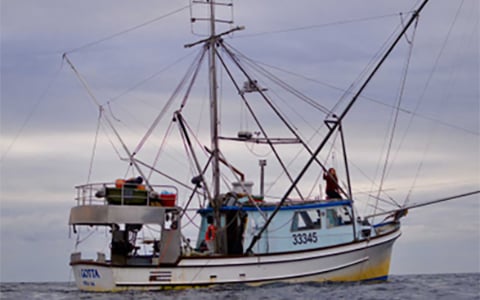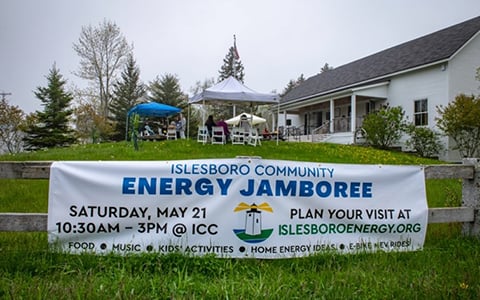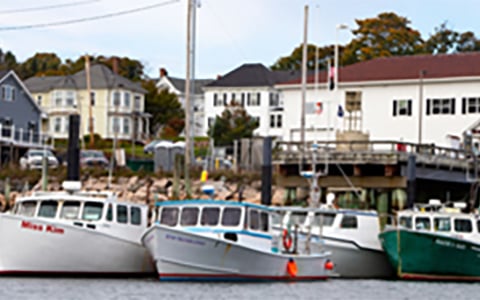Energy Technology Innovation Partnership Project
NLR manages the U.S. Department of Energy's (DOE's) Energy Technology Innovation Partnership Project (ETIPP), which provides energy planning and technical assistance to coastal, remote, and island communities for energy system analysis and resilience planning.

What Is the Energy Technology Innovation Partnership Project?
ETIPP provides technical assistance to bolster energy resilience in coastal, remote, and island communities across the United States and U.S. territories. The program employs a community-driven approach to identify and plan resilient energy solutions that address a community's specific challenges and draw on appropriate energy resources. This approach combines the expertise of local community leaders, residents, and groups with regional organizations and energy experts at DOE national laboratories.
Communities selected for ETIPP receive up to 24 months of in-kind technical assistance and may be eligible to receive up to $50,000 to support their projects depending on whether they pursue strategic energy planning or deep-dive technical assistance through ETIPP. After selection, communities engage in project scoping to discuss community priorities and finalize project details with technical assistance providers and regional partners. Communities and technical assistance providers then execute the project over a period of 4–24 months.
Technical Assistance in Action: Energy Resilience Success Stories
ETIPP Annual Report
In Fiscal Year 2024, ETIPP saw its most significant growth since the program’s inception. ETIPP welcomed 25 new communities in its fourth cohort, expanded its regional partner network, and began offering two tracks to better support requests for different types of assistance. Beyond its direct support for communities, ETIPP also launched a knowledge-sharing network and helped communities pursue funding opportunities for energy projects.
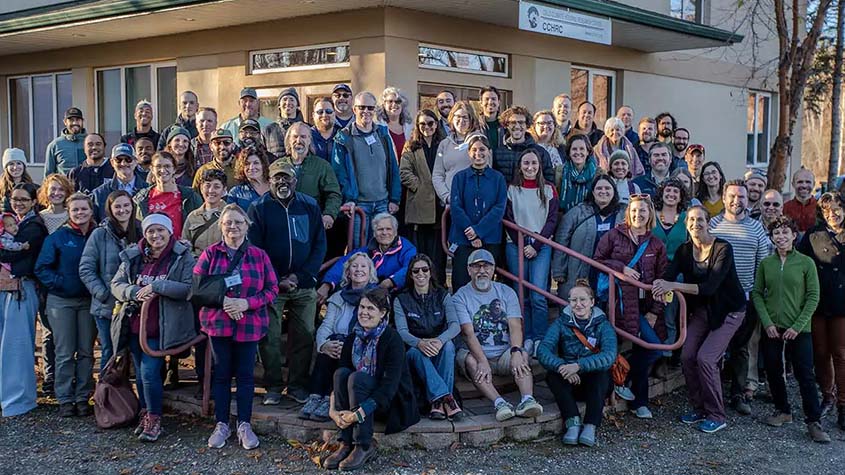
Project Partner Network
ETIPP combines funding and support from DOE’s Office of Energy Efficiency and Renewable Energy, technical expertise from national laboratories, and local knowledge from place-based organizations to support communities in building energy resilience.
ETIPP communities receive substantial support from national laboratory researchers, who work with community stakeholders to offer strategic energy analysis and planning. Program administration and technical assistance come from:
Lawrence Berkeley National Laboratory
Researchers at Lawrence Berkeley National Laboratory provide ETIPP communities with insights on building technologies, distributed energy resources, electricity policy, geothermal technologies, microgrids, transportation, strategic energy planning, utility ratemaking and programs, and utility regulation.
National Laboratory of the Rockies
NLR researchers focus on community and energy resilience, energy efficiency, energy storage, geothermal, hydropower, maritime energy technologies, microgrids analysis, power system modeling, strategic energy planning, techno-economic modeling, mobility and transportation, and wave and tidal energy through ETIPP.
Pacific Northwest National Laboratory
Pacific Northwest National Laboratory's ETIPP technical assistance centers on building efficiency, energy storage, geothermal, marine energy, microgrid analysis, resilience, solar, techno-economic modeling, and waste-to-energy.
Sandia National Laboratories
Through ETIPP, Sandia National Laboratories' researchers help communities better understand technologies and strategies for building efficiency, community and energy resilience, disaster preparedness, distributed energy resources, microgrids, resilience hubs, and transportation.
ETIPP's regional partners support communities in their areas before, during, and beyond the scope of their ETIPP projects. These organizations assist with engaging stakeholders, identifying communities' energy needs, developing their goals, building capacity, and other activities to engage, educate, and support communities. ETIPP's competitively selected regional partner organizations include:
Alaska Region: Renewable Energy Alaska Project
Caribbean Territories Region: Hispanic Federation
Great Lakes Region: Slipstream
Gulf Coast Region: Southeast Sustainability Directors Network and STEM NOLA
Hawaii/Pacific Territories: Hawaii State Energy Office
Northeastern Seaboard: Island Institute
Pacific Northwest: Spark Northwest
Southeastern Seaboard: Groundswell
Contact Us
If you have questions about ETIPP, please email [email protected].
Share
Last Updated Dec. 7, 2025

